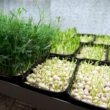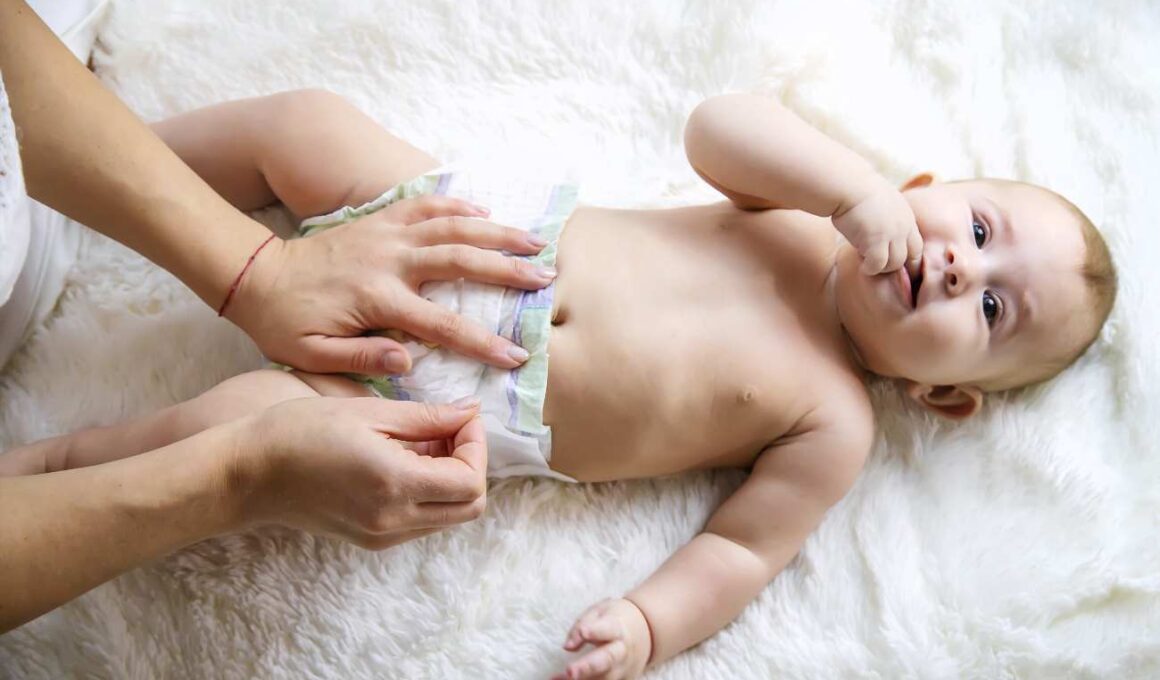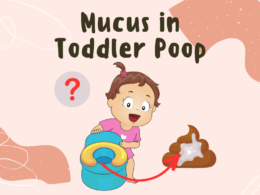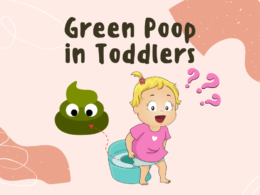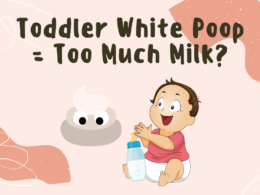The #1 Cause of Orange Poop: Toddlers Eating Carrots
One of the most common reasons for orange poop is simply that your toddler has been eating a lot of carrots. Carrots are an orange vegetable, containing beta carotene, and so it stands to reason that they can color your child’s stools orange. This is perfectly normal and no cause for concern. Other vegetables and fruits that might cause orange poop in toddlers are:
- apricots;
- butternut squash;
- cantaloupe;
- mangoes;
- persimmons.
Processed foods with orange coloring can also cause orange poop. Toddlers start eating solid foods before their digestive system is fully developed. This means that their bodies can’t always process pigments in food as well as adults’ bodies can. So, if they’ve been eating orange-colored foods, this could be the cause of a toddler’s orange poop.
What Foods Contain Orange Coloring?
Examples of orange-colored foods that could cause orange poop include:
- cheese puffs;
- canned mandarin oranges;
- goldfish crackers;
- macaroni and cheese;
- cheese sauce;
- golden grahams cereal.
Most of these aren’t healthy foods anyway, so it’s best to limit your toddler’s intake of them. You may notice that the orange stools go away if you stop giving your child these foods. But if you exchange them for carrots and other healthy, orange-colored snacks, the orange stools may continue – don’t worry about it too much!
Medical Causes of Orange Poop in Toddlers
There are other, less common causes of orange poop in toddlers. If your child’s orange poop is accompanied by other symptoms, it could be a sign of a more serious condition, such as liver disease.
Normally, poop is brown because it contains bilirubin. Bilirubin is a pigment that’s produced when the liver breaks down old red blood cells. This pigment is used to produce bile, and the excess is excreted in stool. If there’s a problem with the liver, such as liver disease, this process can be disrupted, causing orange poop instead of brown.
Not producing or absorbing enough bile is another potential cause of orange poop. Toddlers and adults alike need bile for the digestion of fats. If your toddler doesn’t have enough bile, this can cause orange, greasy stools. This can be a sign of a blockage in the bile ducts or problems with the gallbladder.
Some other medical conditions that can cause orange poop include:
- celiac disease;
- cystic fibrosis;
- irritable bowel syndrome (IBS).
If your toddler’s orange poop is accompanied by other symptoms, such as fever, diarrhea, vomiting, or weight loss, it’s important to see a doctor. These could be signs of a more serious condition.
Should You Seek Medical Attention About Your Child’s Poop?
If you’re ever concerned about your toddler’s orange poop, it’s always best to seek medical attention. A doctor can help you determine if there’s a more serious underlying condition. They can also provide you with peace of mind and answer any questions you may have.
In most cases of orange poop, toddlers feel perfectly fine and are otherwise healthy. The weird stool color is usually nothing to worry about and is simply the result of eating certain foods or food coloring. However, if orange poop is accompanied by other symptoms, it’s important to see a doctor.
Conclusion
If your toddler has orange poop, there’s no need to panic. In most cases, it’s nothing to worry about and is the result of eating orange foods. However, if orange poop is accompanied by other symptoms, it’s important to see a doctor to rule out any underlying medical conditions.
Do you have any more questions about orange poop in toddlers? Ask us in the comments below!
Similar Posts:




